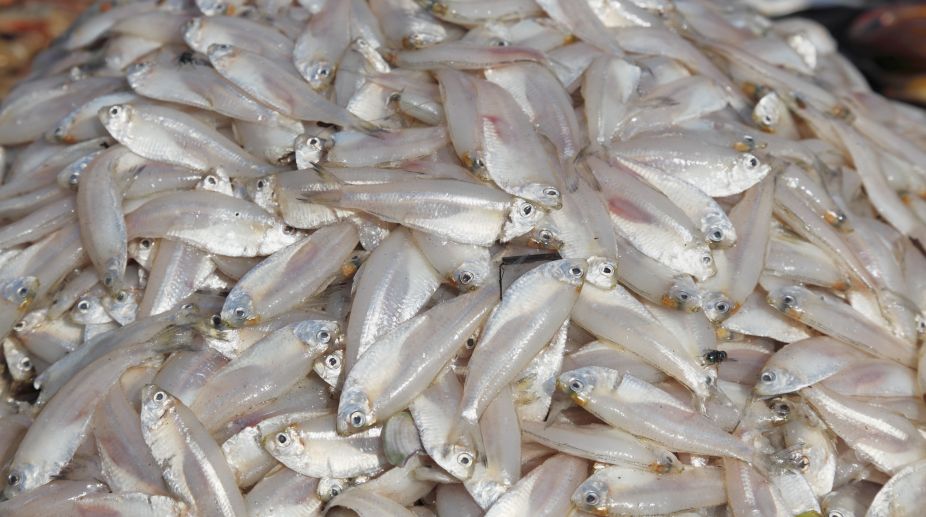One killed after factional feud in Malda’s Kaliachak
Malda’s Kaliachak area witnessed a violent clash between two Trinamul Congress factions on Tuesday, resulting in a deadly shootout in broad daylight.

Representational image (Photo: Getty Images)
As north Bengal makes strides in various sectors, it still lacks facilities or laboratories that can test fish that die in mass in ponds and rivers, so as to see what exactly caused them to die.
There have been many occasions when schools of fish have died in water bodies and most often than not the blame goes to the indiscriminate use of pesticides.
Advertisement
Though the fisheries department has laid focus on awareness about such things, those involved in the sector have voiced concerns and wished the region had at least one such test laboratory.
Advertisement
However, if everything goes as planned, the region will soon have one such facility. Presently, samples of water and fish are sent to the Laboratory of Microbiology and Parasitology, which is headed by the deputy director of fisheries at Pailan in South 24 Paraganas district near Kolkata.
The test reports often reach the region late. The necessity of one such laboratory has been felt for long here and the issue comes up every time schools of dead fish are found floating in the Teesta and Karala rivers in Jalpaiguri district, Cooch Behar and other places.
Hundreds of dead fish were found floating in the water body at Surya Sen Park in Siliguri too around two-and-a-half-years ago.
Officials of the fisheries department have said tests have revealed rampant use of poisonous substances, pesticides and electrocution in the rivers in the region as the causes of the fish dying.
“We cannot carry out any tests here and we bank on the Laboratory of Microbiology and Parasitology at Pailan,” an official said.
Experts say such practices pollute the rivers and disturb the ecological balance. The fisheries department has also launched extensive campaigns to make people aware of the same.
Additional director of fisheries, technical, North Bengal, Rapden Foning Lepcha, said they have sent a proposal to the director of fisheries to develop the Barasagar Dighi Model Fish Farm in Malda as a full-fledged testing laboratory for north Bengal. The farm presently has water and soil testing facilities.
“We have sent the proposal to the department so that all the necessary testing facilities can be had at the farm,” Mr Lepcha said. He said the department has laid emphasis on awareness among fishermen.
“We try to make them understand the harmful side effects of pesticides which poison the fishes. We tell them how it can be dangerous for the river and for other animals too. Legal steps are not enough to stop such practices. We help them by providing indigenous fish species to be released in their natural habitats, insulated fish boxes, weighing machines and others. Awareness campaigns are also conducted with the involvement of the local elected bodies and the administration,” Mr Lepcha said.
Advertisement